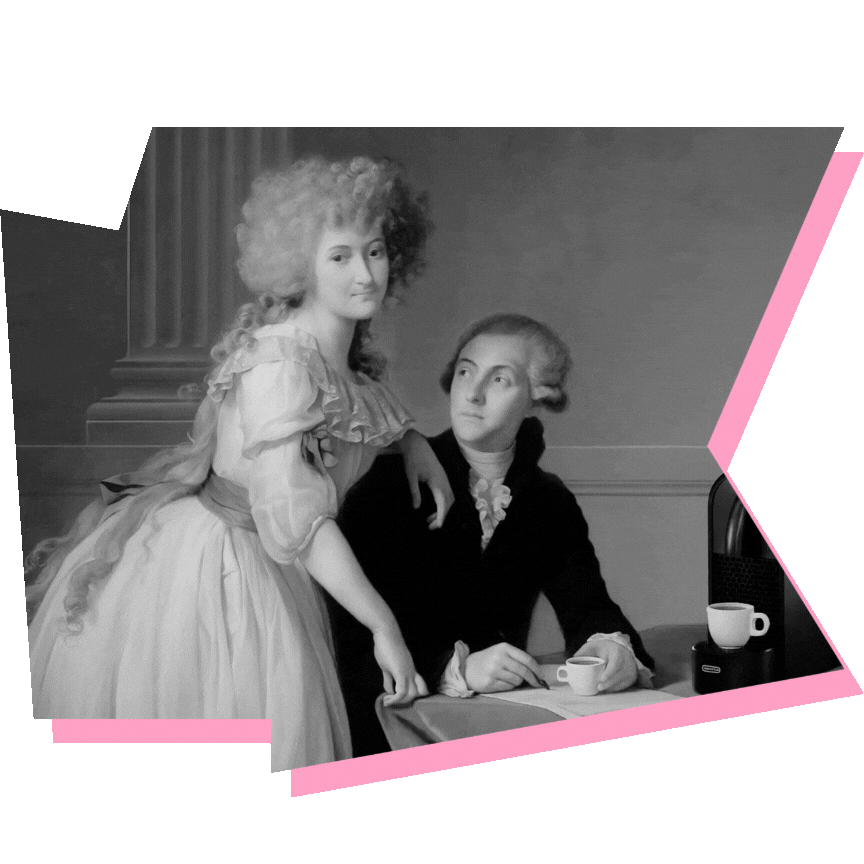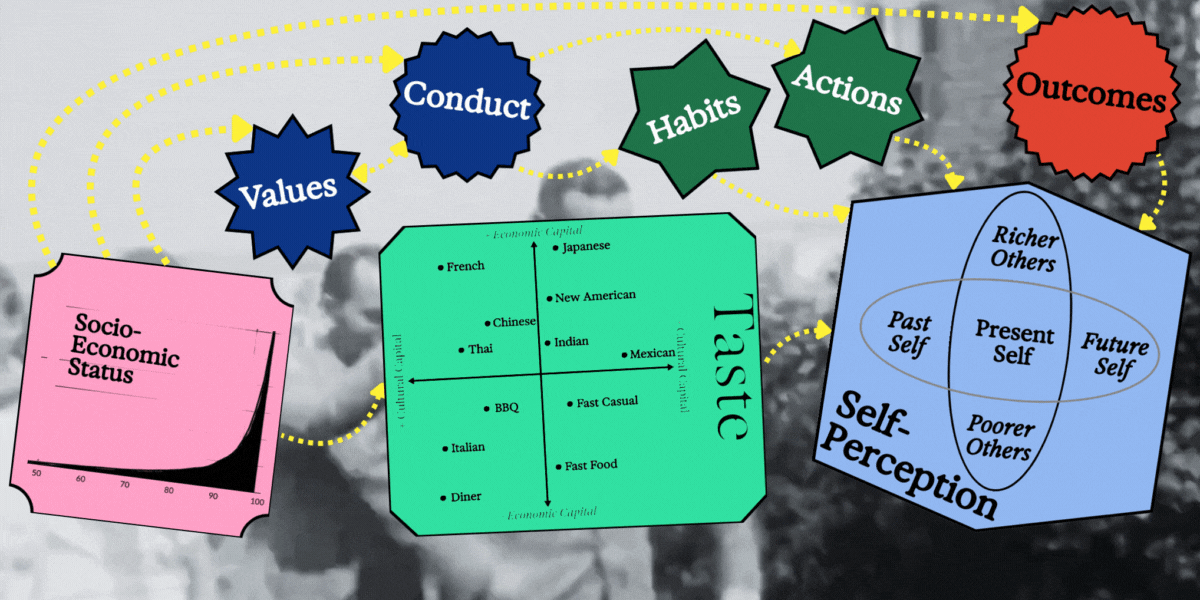
For the Uncomfortably Comfortable

We’ve helped thousands of Oat Milk Elites reconsider their relationship to money and status (while getting paid for professional insights.) Join Now!
Recent Issues


Status
Reports
Upper Middle's "Status Reports" use survey data to decode how social, cultural, and financial forces shape both our choices and our sense of self. Each report draws on correlations to expose impulse-driving biases and the subtle ways we've been socialized – for better and for worse. In understanding people like us, we.

We Help You …
➽ Keep score (w/ peer data).
➽ Win your next dinner party.
➽ Make the best of a good situation.
Join 120,000 semi-rich, totally exhausted people (like you) figuring out WTF happenened....

Class
Notes
By examining how precarious privilege shapes expectations and habits, Upper Middle’s Class Notes defang the our collective anxiety about status, money, and taste. Come for the close-readings of consumer trends, normalized experiences, and corporate totalitarianism. Stay for the dirty jokes.
BECOME A MEMBER
(Get the good stuff.)


PLUS
ONE
Upper Middle is an attempt to describe a specific kinds of water (coastal elitism, mas o menos) to the fish that swim in it. That’s tricky, which is why we us our Plus One interviews to lean on the expertise of people who study water and can describe the sort of hydrodynamics we would otherwise miss.

Upper Middle By the Numbers
$135,000+
Semi-rich Americans – those pulling in north of six figures and south of seven – have tons in common: long work hours, constant comms, debt, subscription fatigue, flexible travel plans, some sort of mental health diagnosis, and all those fucking tote bags. Roughly 85% are college educated and most cluster around cities, paying oof marginal tax rates.
49%
Roughly half of the statistical upper middle self-identifies as middle class. It’s proof many are sure the other Birkenstock is about to drop.
50 Milligrams
Higher earners take more psych meds than low earners. Insurance skews data, but Zoloft is a lifestyle brand for people raking in $200,000.
13%
The Great Recession wiped out 13% of Millennials' expected earnings. That’s a lot of money that didn’t make money.$84,400,000,000
















